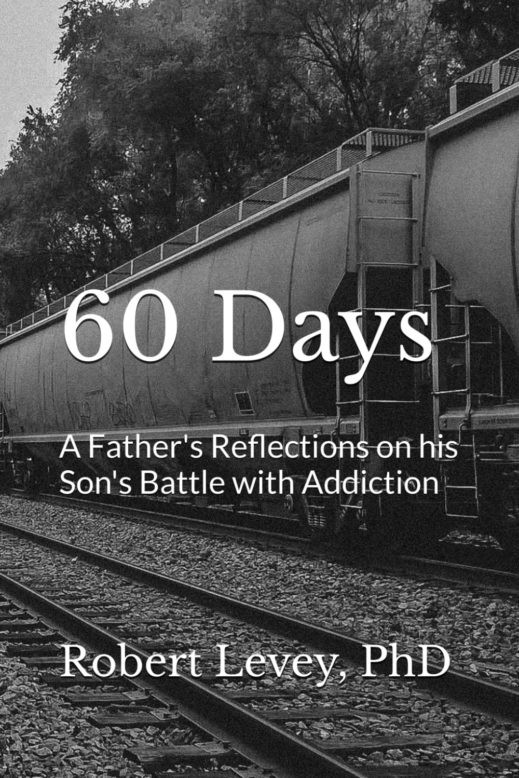Is the past really past, and is the future somewhere ahead of us? The realization that past trauma, for instance, has a direct bearing on our mental health lends credence to the notion that yesterday is alive, a consideration that leads to a cybernetic complementarity that the future is equally real today.
Can we hold two seemingly disparate ideas?
The potentially contradictory nature of the above question serves as my segue to a discussion on how systems thinking enhances leadership. From a systems perspective, I do not believe a leader necessarily leads at all, but rather works to create a space within which as many inputs can be included as possible. This is a space in which people are allowed to make mistakes, an idea Ison & Straw (2020) indicate is a critical aspect of systems thinking in practice, as they rhetorically note, “Otherwise how will they learn” (p. 101)?
I find this question profound, because isn’t it the responsibility of a leader to create opportunities for people to learn? The answer seems obvious (at first), but this is not how businesses, including my own, Exponential Squared, on many occasions, are often run. If I am to step out on a proverbial limb and comment on the experience of other leaders or business owners, I believe it is fair to say it is a struggle (for many of us) to understand outcomes in context. I set due dates on various projects, and many of my decisions as a leader are directed to deliver them on time.
Am I creating enough space for my staff to not only learn, but to also make mistakes? Mistakes cost me money, and that is not a small consideration.
Systems thinking in practice can help me reframe my objectives as a leader, which could lead me to redefine the outcomes. Is completing a project on time the outcome I seek for every project, or is there something larger at work (play)? What is the social purpose of my company?
As a leader or business owner, it is incumbent on me to help create environments within which my staff and clients are inspired, right? I am not just a business owner, however. I am a dad, a teacher, and a researcher among many other roles.
Do all my respective roles demand that I lead (and act) differently? Is the idea of a social purpose one that can bind all aspects of myself (and my many roles)?
Ison & Straw indicate that social purpose has different meanings in different contexts. One question I need to answer, then, is what does social purpose mean in the context of my life? A related question is how do I apply my belief in a social purpose?
A sense of purpose, claim Ison & Straw (2020), is “a common thread across the Blue Zone communities” (p. 86). Blue Zones, according to Talbott (2007), is the description given to areas of the world where communities have very long-life (age 100+) expectancies. Ison & Straw say that some of the health benefits that result from social purpose include a reduction of mortality risk, increase in resilience, and improvement in sleep among many others.
As a leader or business owner, it is incumbent on me to help create environments within which my staff and clients are inspired, right? I am not just a business owner, however. I am a dad, a teacher, and a researcher among many other roles.
Do all our respective roles demand that we lead (and act) differently? Is the idea of a social purpose one that can bind all aspects of our selves (and my many roles)?
Ison & Straw indicate that social purpose has different meanings in different contexts. In part two of To ‘Lead’ Or Not To ‘Lead’, I explore not only what social purpose could mean in the context of our lives, but how to apply it.
References
Ison, R. L., & Straw, E. (2020). The hidden power of systems thinking : governance in a climate emergency (Ser. Systems thinking). Routledge. https://doi.org/10.4324/9781351026901
Talbott, S. (2007). Devices of the soul: battling for our selves in an age of machines. ” O’Reilly Media, Inc.”.



